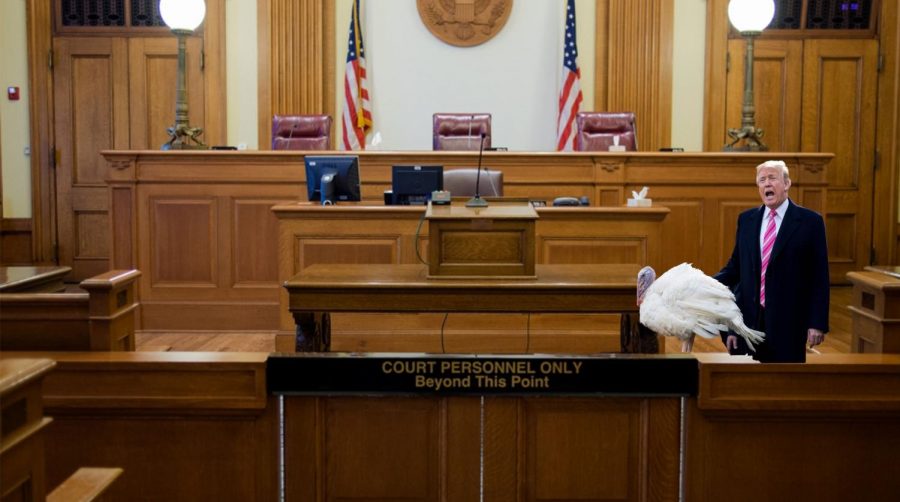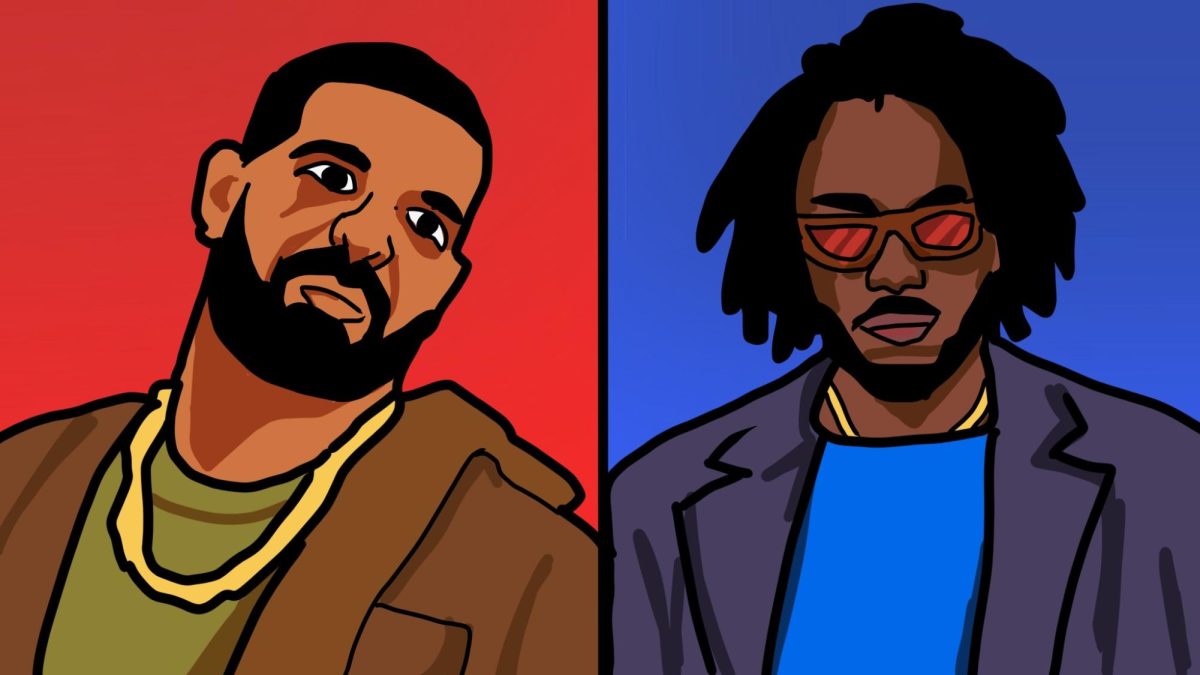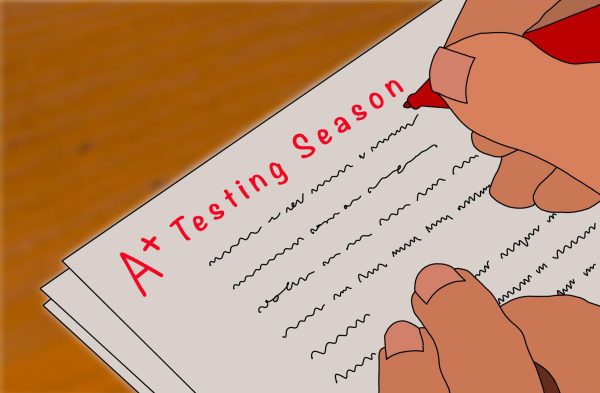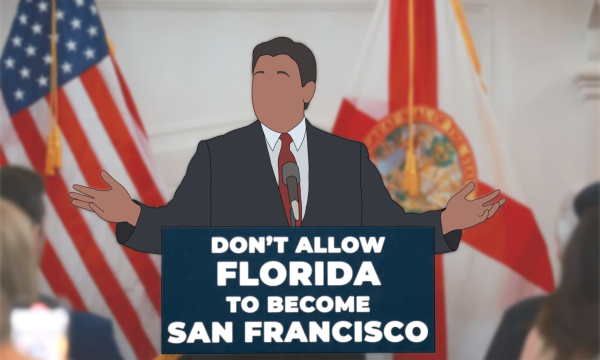Presidential Pardons: Should They Be Pardoned Off the Chopping Block?
This is the only pardoning that matters.
Apr 23, 2018
Over the last several days, there has been some controversy stirred up about the ability of the president to pardon anyone of any federal crime. This has largely come about due to New York’s law regarding double jeopardy –that a person can’t be tried for the same crime twice. New York’s Attorney General, Eric Schneiderman, is currently trying to overturn the law, so he can close a loophole that allows President Trump to pardon someone of a state law in New York by pardoning them in federal court for the same offense. This whole situation has caused quite a splash, and has even caused discussions about whether or not the president should be able to pardon people. Ironically, even with this not being a partisan issue, it is one of the toughest to argue due to historical cases on both sides of the aisle committing pardons where it was looked unfavorably upon by the public. Despite this, the power of the president to pardon was established for a reason, and it should continue on this way until the end of American democracy.
Starting all the way back when America was just an infant nation, Alexander Hamilton, Founding Father, economist and even Broadway star, wrote in his Federalist No. 74 that “exceptions in favor of unfortunate guilt, justice would wear a countenance too sanguinary and cruel.” This is to say that when people are tried on the basis of a bad law — for example, if someone was tried for violating the law that makes it illegal to pass out onion rings made of diced onions rather than the actual ring of an onion — there is still the chance that mercy will be given to them by a higher power, being the president, instead of having the law be a soulless, felon-munching machine.
“People can think whatever they want about pardonings, but it allows the yearly turkey pardoning, which is something worth keeping pardonings around for,” freshman Justin Vazquez said.
Even ignoring any moral implications of it, the power of the president to pardon people is important because it continuously reinforces the idea that the president is the most powerful person in the nation. Without this power, the president can be seen as a glorified congressman or the governor of the governor. These can technically be correct, but the office of the president should carry the weight of something more than that, and the best way to make sure of that is to give the office more powers than any old congressman couldn’t dream of having. And, in the context of the other executive powers given to presidents of other nations, like the French President’s ability to dissolve the National Assembly, it seems very reasonable.

The whole idea of pardoning seems to be based in the president’s ability to do things most other people cannot do, so it would make sense that people talk about it as something they shouldn’t be able to do because it is so far away from the powers of any other U.S. leader.
— sophomore David Delgado
Then again, the ability to pardon anyone of any federal crime can seem excessive at times, with some presidents appearing to abuse the power. Some examples of this include current president Donald Trump’s pardoning of Joe Arpaio, Arizona police officer convicted of contempt of court, or the pardoning by Barack Obama of Chelsea Manning, who provided classified documents to WikiLeaks. These are valid concerns, but the president might have some legitimate reason for pardoning someone. They might have access to confidential information that would make the situation more favorable towards pardoning, or they might simply be acting on their own personal beliefs or opinions. Either way, it is the power of the president to keep and do with as they please. This might leave some room for the possibility of abuse, but one must remember that the president is elected by people to carry out what they think is in the best, which might often include people being pardoned. In addition, in the long history of American presidents, the power has been abused very infrequently, if at all because most people’s opinions on pardonings are based on personal bias and is therefore difficult to quantify and abuse of the power.
Overall, the power to pardon is something quite powerful that has often been seen as easily exploitable and unnecessary, but remains one of the key powers that distinguishes the president from everyone else and allows them, as ironic as it is, to be the bit of mercy that can allow a reformed person to live out the rest of their lives.

























Customwrittenessays • Apr 24, 2018 at 10:20 pm
thank you so much madamcustom written essays